Meet the Doctor Who Fought An Archaic Law for 14 Long Years to Raise The Abortion Limit
Dr Nikhil Datar's efforts led to the amendment of the Medical Termination of Pregnancy Act 1971, sparking a much needed conversation about how an outdated and medically unsound law was harming women.
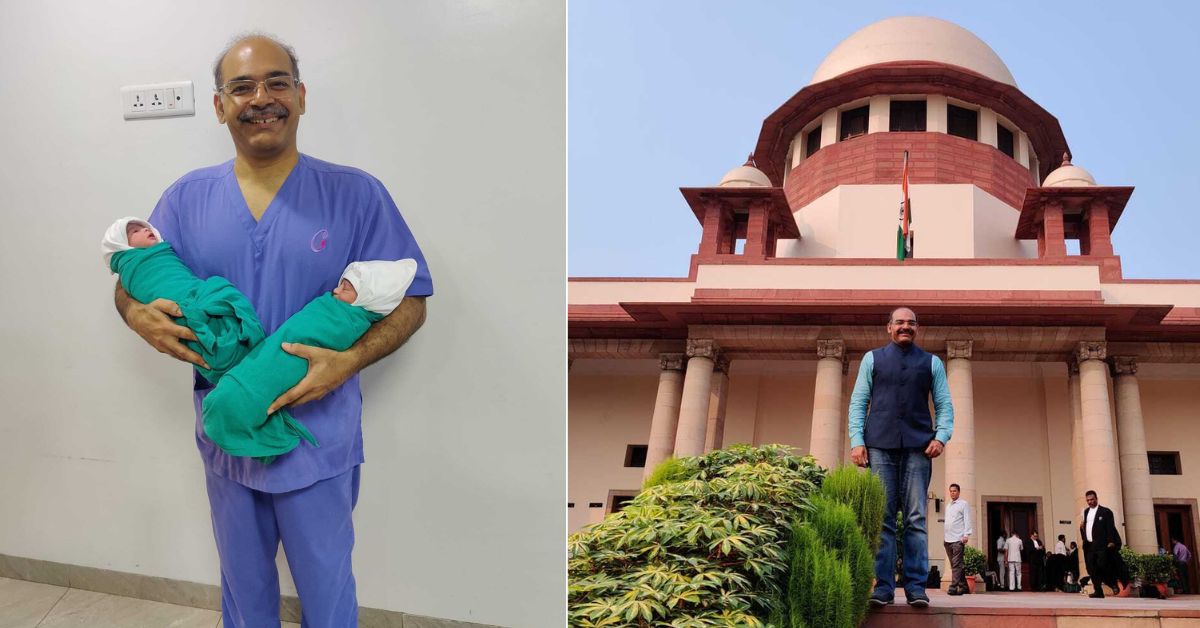
In 2005, when Dr Nikhil Datar’s patient wanted to terminate her pregnancy as her foetus had developed severe abnormalities, he could not help her. As a result, she had to give birth against her wishes.
“We found out that the child’s lower body was paralysed. The mother and the family underwent a lot of trouble raising the child as he had no bowel and bladder control. The kid was even denied admission into a school for disabled children. I saw her struggle for the nine years that the kid lived,” he tells The Better India.
The reason Dr Nikhil refused to help her or couldn’t help her was because of the 50-year-old Medical Termination of Pregnancy (MTP) Act 1971. It permits termination of pregnancy only up to 20 weeks.
“My patient was 24 weeks pregnant when she came to me. It is a criminal offence to violate the provisions mentioned in the MTP Act. Even the woman you are treating can be put behind bars, let alone the doctor. But whenever I’d meet her, she made me feel that I was responsible for her ordeal,” he says.
“While I was in a legally sound position, I felt morally wrong,” he adds.
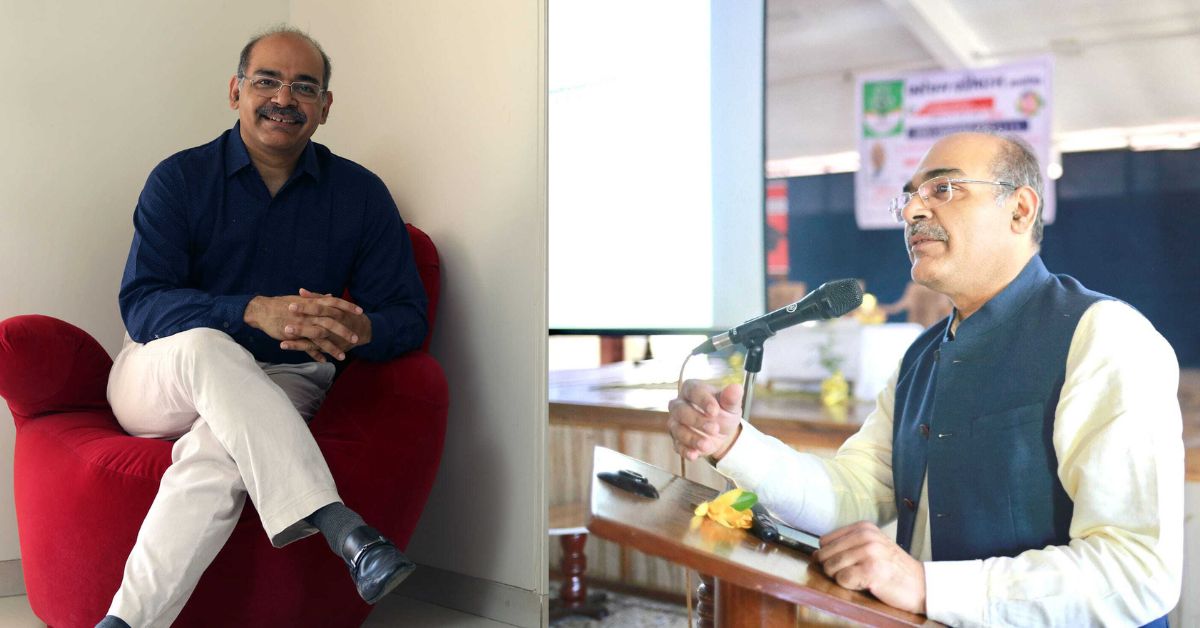
Dr Nikhil opined it was unfair to punish women by forcing them to give birth to intellectually or physically disabled infants when the medical body could offer them a safe abortion.
To challenge this, he filed a petition in the Supreme Court and got policymakers to raise the upper limit for abortions from 20 weeks to 24 weeks.
In conversation with The Better India, Dr Nikhil talks about his 14-year-long legal battle that pushed the judiciary to upgrade the archaic MTP Act of 1971.
Why is there a cap on abortion limits?
In 1996, after completing his MD in gynaecology, Dr Nikhil started practising as an obstetrician-gynaecologist in Mumbai-based hospitals. During the course, he would meet a large number of patients with pregnancies beyond 20 weeks who desired to get it terminated.
“While neurological and cardiac abnormalities are detected a little after 20 weeks of the foetus developing, most other abnormalities can be detected before this time frame if there is access to healthcare at the right time,” he says.
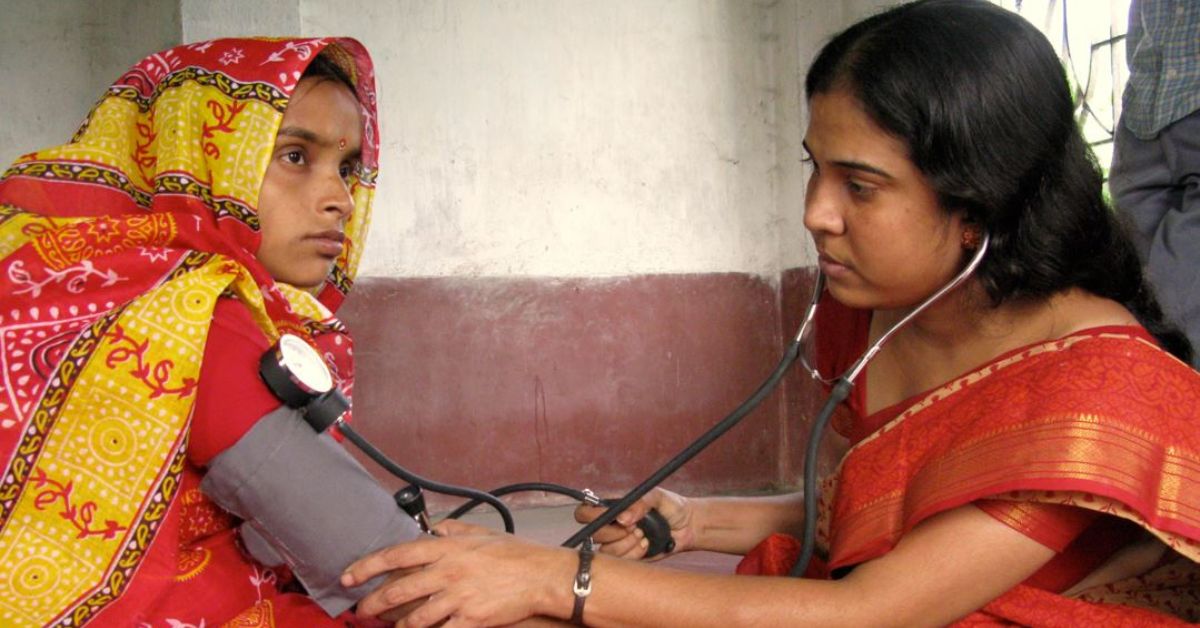
“In rural areas, women have to take a bus to reach the nearest taluk-level government hospitals for check ups. Owing to poor services, it remains uncertain whether the sonography will be performed on these patients on that given day. By the time it’s done for any abnormalities to be detected, it is too late,” he explains.
Dr Nikhil points out that in such cases, if the woman is forced to give birth, she is made to take the penalty for those delays.
“Besides, there are cases where women in their late 40s miss out on menstruation, and they are advised to not worry as they are getting closer to menopause. One fine day, they find out that they are already 22 weeks pregnant,” he adds.
But why is terminating pregnancies beyond 20 weeks a criminal offence?
“I have gone through the MTP Act multiple times and thoroughly researched the topic only to find out that the set limit was arbitrary. There was no reason to support why it was set to 20 weeks,” says Dr Nikhil.
“So, if a woman is 19 weeks pregnant, then doctors will not even blink before terminating the pregnancy but when she is at 21 weeks, that becomes a problem. The termination of pregnancy is primarily meant for major and substantial abnormalities. You are refusing it because she has crossed over some arbitrary limit. As a specialist, I know that it is safe to terminate the pregnancy beyond 20 weeks. We are not in 1971 anymore!” he adds.
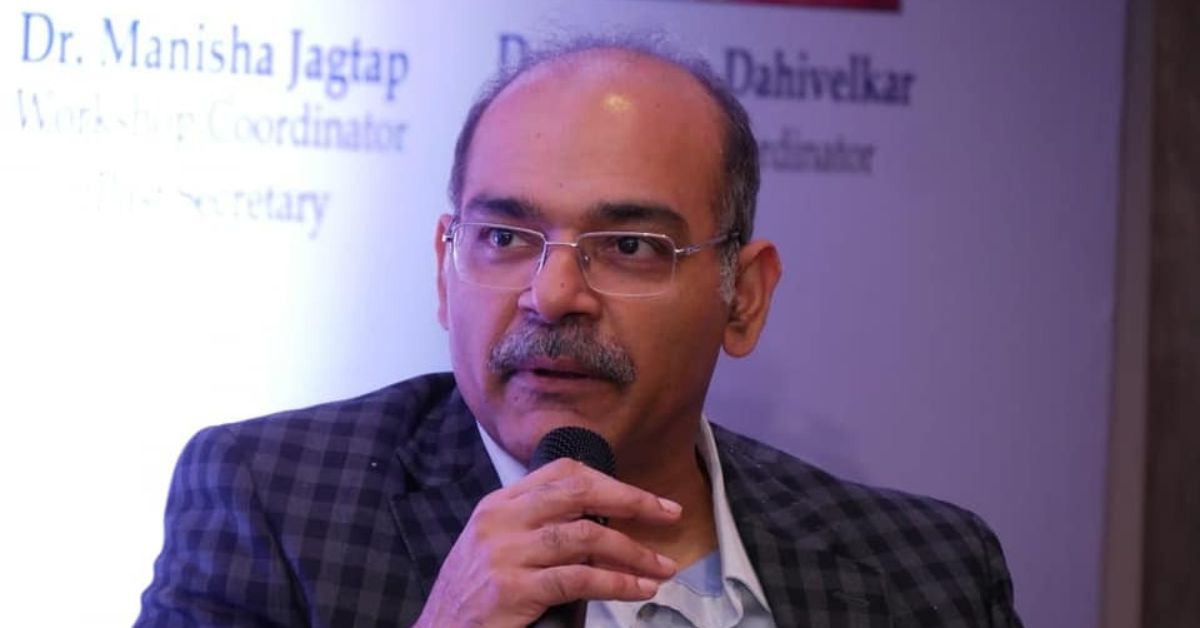
Dr Nikhil reached out to national-level medical bodies to draw their attention to the need to amend the MTP Act and extend the permissible abortion term. “But that discussion became limited to medical conferences only. It was high time that we convinced lawmakers, judges, and policymakers,” he says.
Ultimately, in 2008, Dr Nikhil met Niketa Mehta, who was 24 weeks pregnant with a baby with multiple congenital heart abnormalities.
Disheartened by another such case, Dr Nikhil and the patient went on to challenge the law. “This was the first time in the history of the judiciary when a doctor and a patient got together to challenge a law. Usually, both fight against each other,” he laughs.
Sadly, their plea was rejected. But this did not deter his resolve.
A 14-year-long fight for abortion rights
Again in 2016, Dr Nikhil was put in a similar situation. “A minor rape survivor was brought to me by a non-profit organisation. She was 24 weeks pregnant and the foetus’ brain was not developed. In such cases, the foetus stays alive till the umbilical cord is intact. As soon as the cord is clamped and cut, it dies. Given the sensitivity, nobody wanted to touch this case,” he says with a sigh.
He reached out to the Supreme Court seeking justice for these women. He got his first breakthrough in the apex court when he garnered the support of 320 women who had abnormal foetuses, were minor rape survivors and from low socio-economic backgrounds.
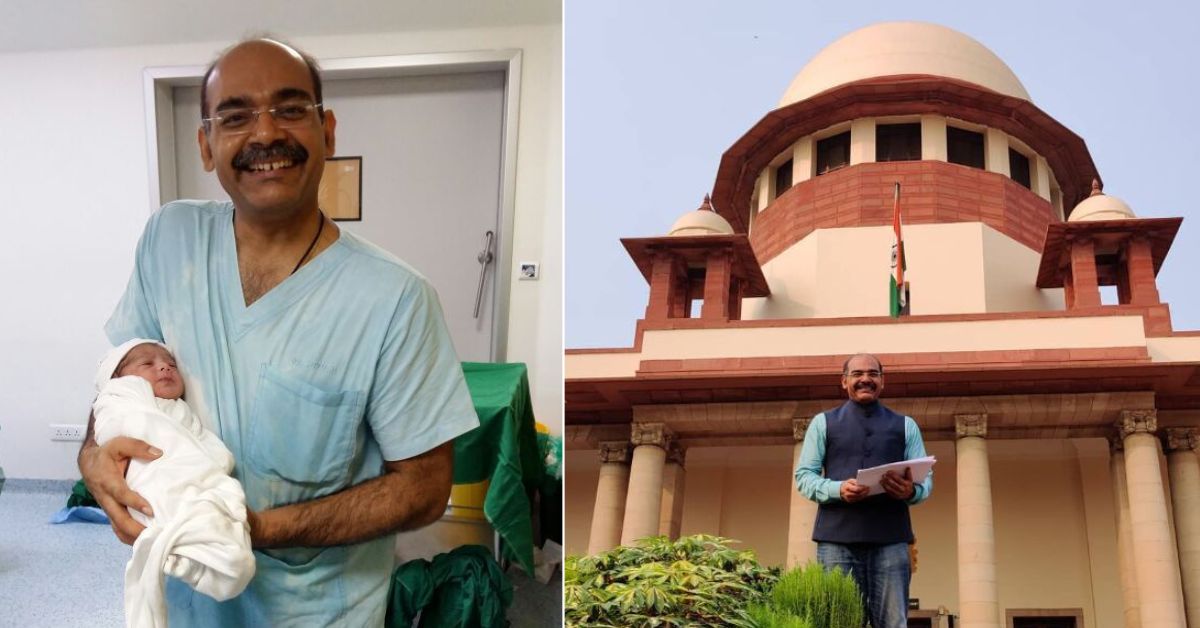
Dr Nikhil, who also holds a law degree, burnt the midnight oil in the preparation of this case. From drafting, coordinating with the right contacts, creating adequate evidence, and responding to medical as well as legal questions, he meticulously planned it all.
Finally, the Rajya Sabha passed the Medical Termination of Pregnancy (Amendment) Bill, 2021 to amend the MTP Act 1971. The Bill was approved in Lok Sabha in 2020.
The Bill enhanced the upper gestation limit from 20 to 24 weeks for special categories of women which will be defined in the amendments of the Act. It would include survivors of rape, victims of incest, and other vulnerable women such as disabled women and minors.
“Although again an arbitrary limit, 24 weeks is still a pretty decent time frame to detect abnormalities,” he mentions.
Other than his patients, this judgement has been extremely satisfying for Dr Nikhil personally, who has fought multiple challenges and threats in various forms in his 14-year crusade.
“As a doctor, we see families starting with the birth of their children. We become a part of these units as they remember us all the time. I get 30 such cases every month. But when you are able to contribute towards a larger policy change, you are able to impact lakhs and crores of lives known and unknown to you. That’s a whole new level of satisfaction,” he adds.
(Edited by Padmashree Pande; All photos: Dr Nikhil Datar)
Source:
Rajya Sabha passes The Medical Termination of Pregnancy (Amendment) Bill, 2021: By PIB Delhi published on 7 March 2021.
If you found our stories insightful, informative, or even just enjoyable, we invite you to consider making a voluntary payment to support the work we do at The Better India. Your contribution helps us continue producing quality content that educates, inspires, and drives positive change.
Choose one of the payment options below for your contribution-
By paying for the stories you value, you directly contribute to sustaining our efforts focused on making a difference in the world. Together, let's ensure that impactful stories continue to be told and shared, enriching lives and communities alike.
Thank you for your support. Here are some frequently asked questions you might find helpful to know why you are contributing?

















